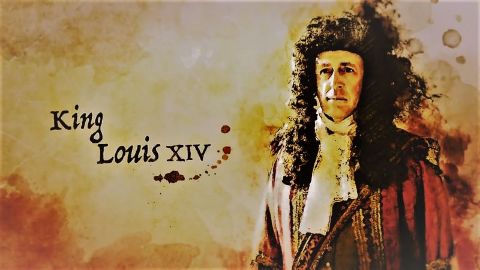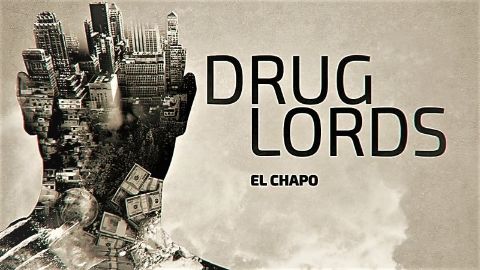Relics: Einstein's Brain • 1994
In 1955, the great scientist Albert Einstein died in Princeton - his express wish was that his body be cremated, so as to leave no earthly remains. But, on the day of his death, his brain was secretly removed by doctors at Princeton Hospital - supposedly for “scientific study.” Nearly 40 years later, no study is complete, and there are only rumors as to whereabouts of the missing brain. This film follows the quest of an Einstein expert, Professor Sugimoto Kenji, who travelled from his home in Japan to the USA to try and find the greatest relic of 20th century science.
Make a donation
Buy a brother a hot coffee? Or a cold beer?
Hope you're finding these documentaries fascinating and eye-opening. It's just me, working hard behind the scenes to bring you this enriching content.
Running and maintaining a website like this takes time and resources. That's why I'm reaching out to you. If you appreciate what I do and would like to support my efforts, would you consider "buying me a coffee"?
Donation addresses
BTC: bc1q8ldskxh4x9qnddhcrgcun8rtvddeldm2a07r2v
ETH: 0x5CCAAA1afc5c5D814129d99277dDb5A979672116
With your donation through , you can show your appreciation and help me keep this project going. Every contribution, no matter how small, makes a significant impact. It goes directly towards covering server costs.





